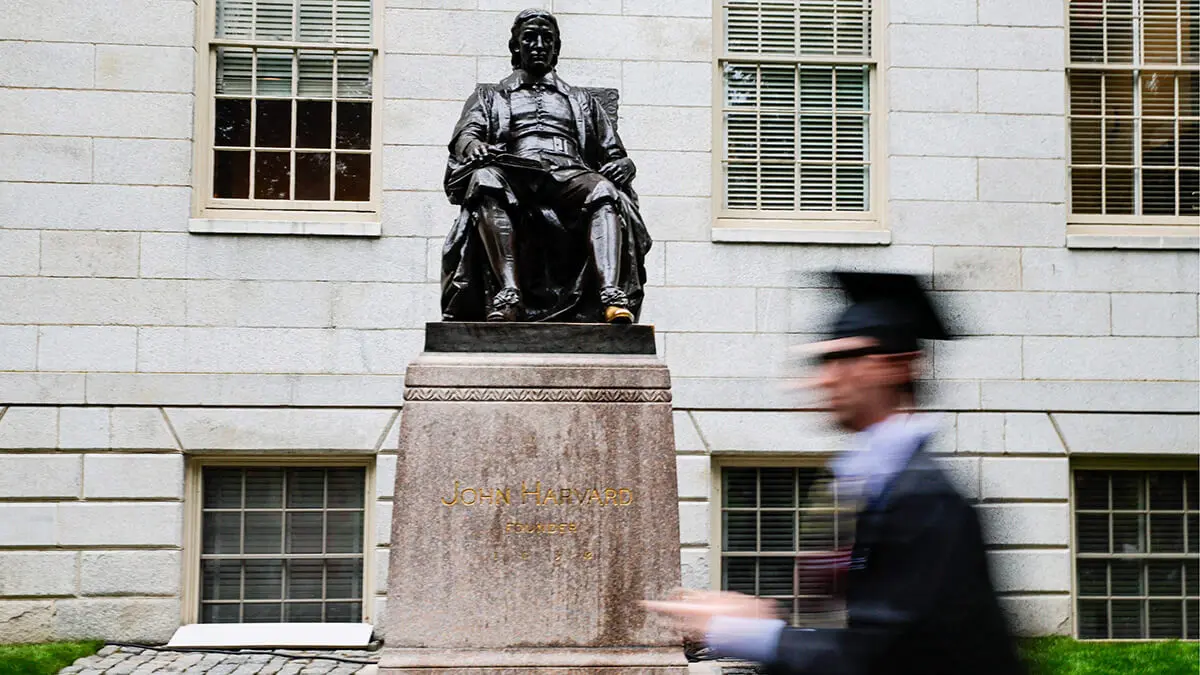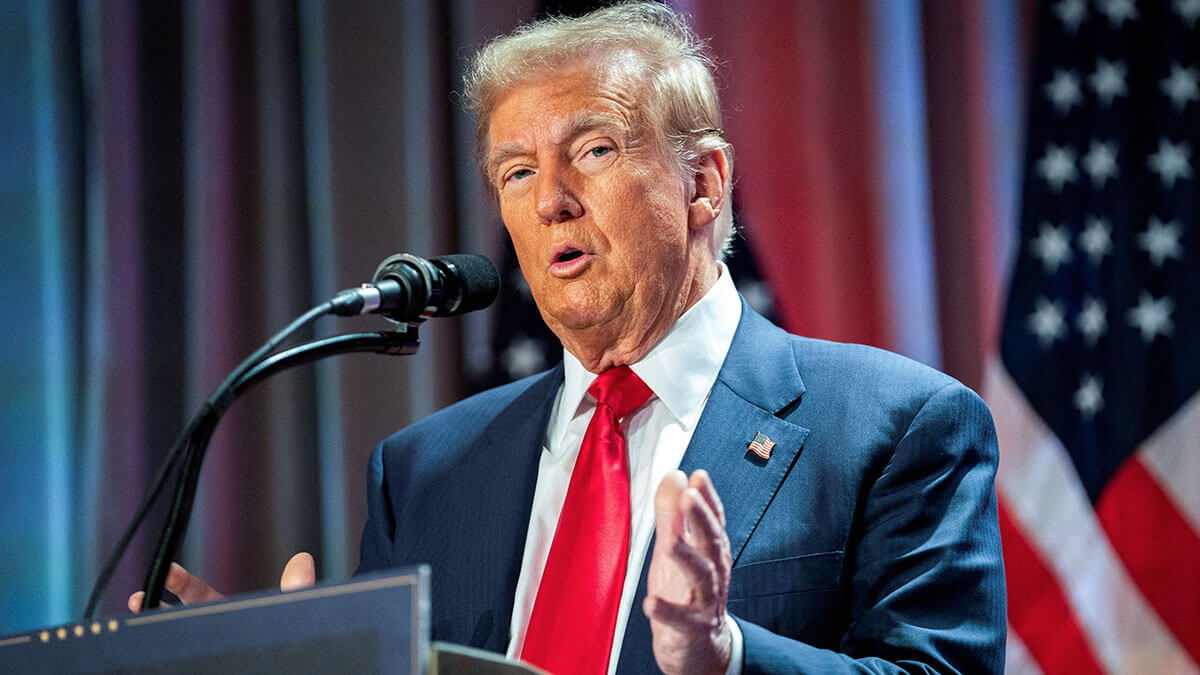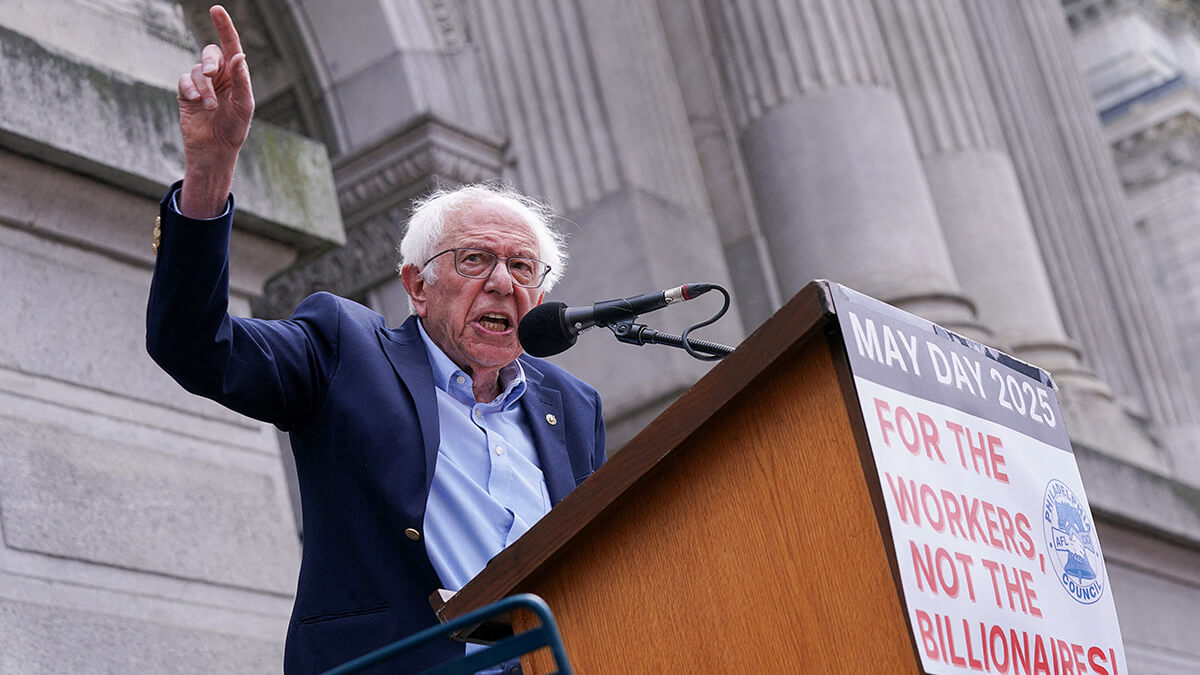The attack on Harvard: an opportunity for Europe

This extremely expensive university is a breeding ground for the elite of the United States and other parts of the world, as well as for a few prodigies who manage to obtain scholarships despite lacking sufficient resources. Most royal courts send their children to study at Harvard, where the Aga Khan IV, the current king of Denmark, Frederick X, and the Empress of Japan, Masako, were educated.
It ranks among the ten most prestigious universities in the world, in fourth place. Only four European universities are included in the top ten: the British University of Cambridge, the University of Oxford, Imperial College London, and the Swiss Federal Institute of Technology in Switzerland. There is one Asian university, the National University of Singapore, but the rest are all American, starting with the Massachusetts Institute of Technology in first place.
Harvard University was founded on 28 October 1636 in Cambridge, Massachusetts, and currently has a significant international enrolment of 6,800 foreign students, of whom a third are Chinese and more than 700 are from India.
For decades, the United States has exported its ideas of freedom, democracy and capitalism in an attempt to overthrow communism and autocracies. The fact that thousands of wealthy foreigners, many from autocratic countries or absolute monarchies, are educated at Harvard or any other American university is a way of spreading the dogma defended in the United States.

Trump does not see it that way. He has set himself up as a great censor of science, education, climate change, morality, freedom of expression and advances in fundamental areas such as research and knowledge. And now he is attacking students, especially foreign students.
The British newspaper The Independent even suggested that there is a rumour circulating in Washington that Trump may harbour some resentment towards Harvard because his son Barron was not accepted to study business and has had to start his studies at NYU Stern School.
Whether the rumour is confirmed or denied, the truth is that we have never seen such anger from a president directly attacking a university in the United States.
The pressure began in mid-March, and in April, Harvard received the first threat from the government: if it did not send documentation related to foreign students who had participated in anti-war demonstrations within 72 hours and did not take measures to combat anti-Semitism, 2.65 billion dollars in federal funding would be frozen. This has happened.
A month later, the acrimony escalated: the White House wants a private university like Harvard to refuse to enrol international students, a measure that is currently blocked in court. However, Trump has ensured that there will be no renewals by ordering consulates to halt all student visa applications and reviews.
The White House has also instructed federal agencies to proceed with cancelling the remaining contracts with Harvard worth around 100 million dollars.
Almost two months ago, Trump announced that contracts, grants and commitments worth 9 billion dollars from the US government to Harvard would be reviewed.
Significant economic impact
According to Massachusetts Governor Maura Healey, the impact of Trump's measures, taken as a whole, will be devastating not only for the university but for the state itself.
‘When President Trump attacks Harvard, he is attacking the Massachusetts economy. Harvard is the fourth largest employer in the state, contributing more than £6 billion to the economy,’ Healey said.
The governor, who belongs to the Democratic Party and is a strong LGBTQ activist, is not a fan of the Republican president, who had her in his sights even when he was a presidential candidate.

Healy points out that Harvard's international students contribute 400 million dollars to the local economy each year and support thousands of jobs. Nor can we overlook the significant contributions of international academics and researchers in making important discoveries about diseases.
In turn, Alan Garber, president of Harvard, sent a letter to U.S. Secretary of Education Linda McMahon, emphasising that Harvard will not abandon its principles and will fight in court.
‘No government, regardless of the party in power, should dictate what private universities can teach, whom they can admit and hire, or what areas of study and research they can pursue,’ Garber said.
Cuts to research
In four months in office, Trump has ordered cuts to research funding in various programmes, arguing that federal spending cuts were more important.
For example, he withdrew 250 million dollars in research funding from Harvard. The governor of Massachusetts lamented that threatening researchers and students is the norm for the Trump administration. She warned of an imminent brain drain, with most leaving for prestigious institutions in Europe.
‘I recently visited Boston Children's Hospital, affiliated with Harvard, whose funding from the National Institutes of Health has been significantly reduced. There are families suffering because their loved ones with rare diseases will not have the cure and treatment they need due to lack of funds,’ Healey said.
European universities see a great opportunity in the crisis engulfing American universities, whose research is being hit by budget cuts and low enrolment under Trump's inquisitorial policy of investigating students on social media.
With his biased and discriminatory policy of cuts, he is condemning hundreds of trials and experiments that have taken decades of research to hundreds of people.
Senator Bernie Sanders points out that the United States has been stunned to see how Trump wants to destroy science and education, both of which are key to progress. ‘He is waging a war on science and knowledge.’

Europe opens its doors
Many research teams from different areas of the United States are considering moving to Europe if they find the necessary conditions for their projects to be accepted and funded.
The European Commission recently announced a 500 million euro package to attract American researchers to various EU countries. In France, President Emmanuel Macron is very interested in attracting this talent.
In this context, the Sorbonne University hosted a conference entitled Choosing Europe for Science, at which it was reiterated that neither in France nor in any other EU country will researchers suffer pressure, harassment, or threats to have their project funding cut off simply because they have an ideology or belief that differs from that of those in power.
The rectors of Spanish universities have also expressed their concern and solidarity in a statement sent through the Conference of Rectors.
‘University autonomy is not a privilege, but an essential guarantee for the university to fulfil its mission in the service of knowledge, education and social progress; to weaken it is to undermine the university's ability to fulfil, among other roles, that of guarantor of democracy,’ according to the memorandum sent to the media.
The Conference considered the visa ban on international students accepted by Harvard, based on arbitrary and difficult-to-justify criteria, to be worrying.
European countries have approved numerous initiatives in recent weeks to attract scientists and professors from US universities.
The European Commissioner for Research and Innovation, Ekaterina Zaharieva, stated that in the face of attacks on scientific knowledge in the United States, the European Union must reaffirm its role as the driving force in this field. ‘We already host 25% of the world's scientists.’
A few weeks ago, in a letter signed by twelve European governments, including France and Germany, the European Commission was asked to take concrete measures to attract US researchers. Above all, they are calling for easier visas for migration and subsidies for research.

